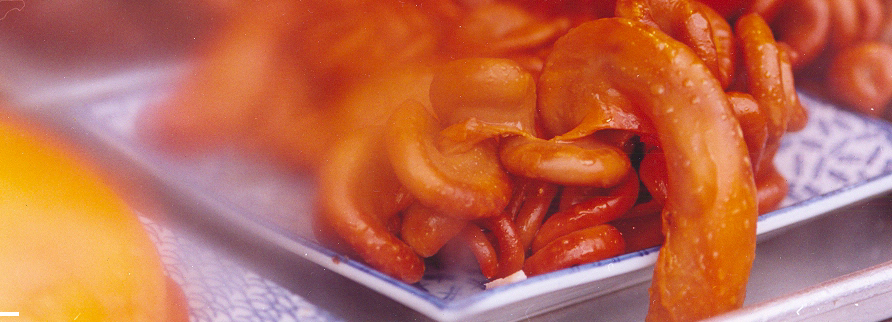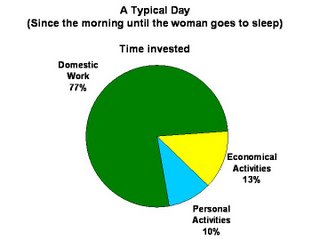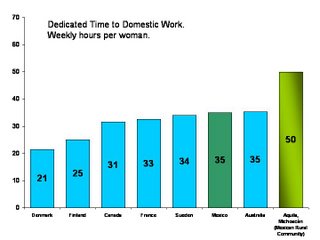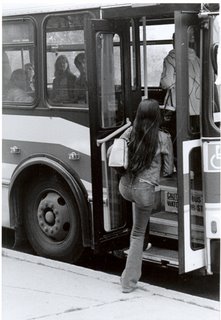One Sober Knows The Sorrow
I hope one day they forgive me for what I have done.
Here the translation of the broadcasting number 4 of Itinerario. (You can listen it here) .
2. His son-in-law
3. Me
The old man:
- only losses…
The son in law:
-Think about this: There are some people that get drunk and they are arrested because they kill their son, their woman, anybody, and when they are in jail they don’t believe what they have done. Because the alcohol numbs the sense of consciousness. We have a sense of consciousness and a sense of unconsciousness. For example, I can say, “I want to be naked on the streets”, but my conscious mind says to me: Forget it, what are you going to do? Everybody is watching. But one drunkard can do that, because the sense of consciousness is numb…
The old man:
-His father died because the alcohol.
The son in law:
- Cirrhosis in the liver. So much alcohol… and there is no alcohol more dangerous than “Yuscaran”
Me:
-Yuscaran?
The son in law:
-Yes: 45 degrees of alcohol
Me:
-Stronger than a tequila.
The son in law:
-Yes, you can imagine the damage on the stomach when you drink it. At the beginning you feel good, but the damages are scaring. Ah, in the past I used to say: I can’t take my meal without my drink, but once I became conscious, once I analyzed and thought about it... [pause] because I made a reflection about what I was doing to myself…
Me, to the old man:
-And you stopped going to Alcoholics Anonyms?
The old man:
-Yes, I just went to a Convention, in El Salvador...
Me:
-And why did you stop going?
The old man:
-Such things happen... you are weak as human being, and when you have a lot of responsibilities in home, you think that the drink helps...[pause] it happened to me...[pase] some times you could think that everything is easier if you stop drinking, but when you leave the drink everything becomes harder, cause if you are drunk you can do everything in an easy way, but on the other hand, when you are sober it costs… because one sober knows the sorrow… he, he, he.
[ music fade in]
[ music fade out]
The old man:
...So, we have very interesting things here. They say the problem with us is not to admit our condition... they say we are alcoholics, but when we admit the problem with humility, the perspective is different. They say to us: You are a drunkard. Yes, but only when I drunk a lot! he, he, he... But you are a drunkard since the first coup! I have already worked so much, I am too old, I am father of 3 sons, and I say to my sons: You have seen the alcohol problem on my mind, on my body... If you want to drink, then drink. But if you think that the alcohol has hurt me, it will hurt you too... and thanks to god I have 3 sons, and they don’t drink.
The son in law:
- But that is the problem: What if your sons see you drinking? How can you advice them?
The old man:
-That’s what I am saying! I don’t forbid it to them. How could I tell them: Why are you drinking? That fact is how they have been raised, because I was not raised in the situation they were raised...
Me:
-Do you have grandsons?
The old man:
-Grandsons? Yes, I do. I have a little boy from him…
Me:
- And when you are drunk, you are with your grandson?
The old man:
-No, no, no...no. When I am drinking neither my sons are with me… I do live alone...
[ music fade in until the end]





